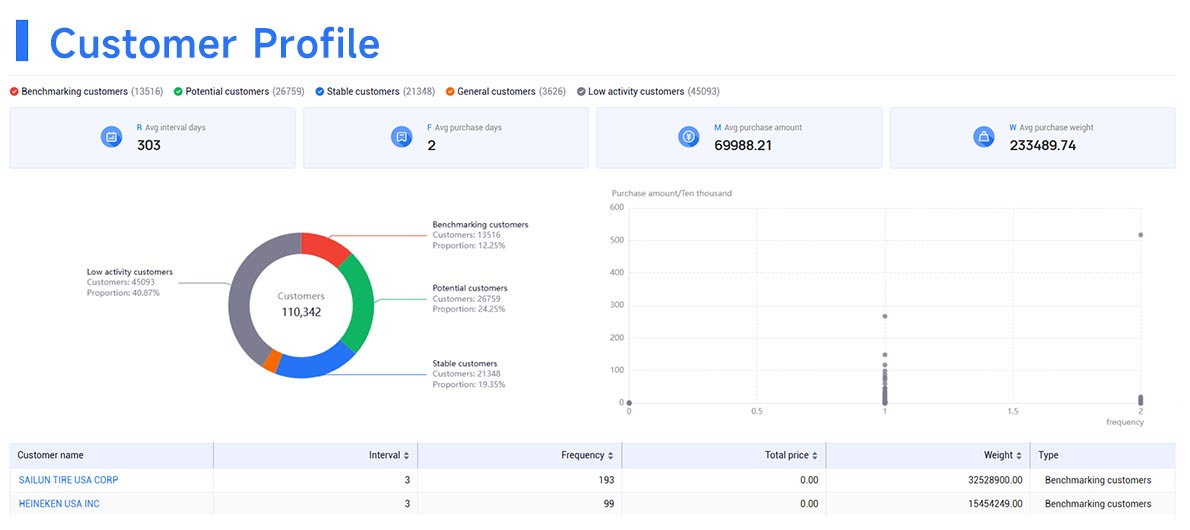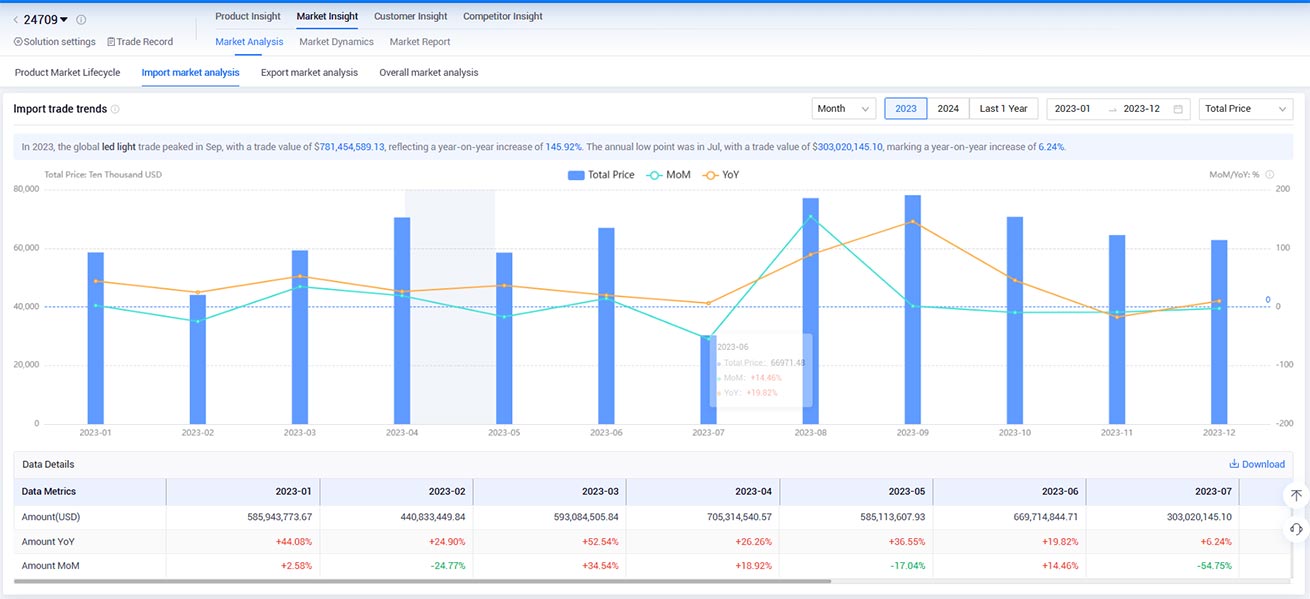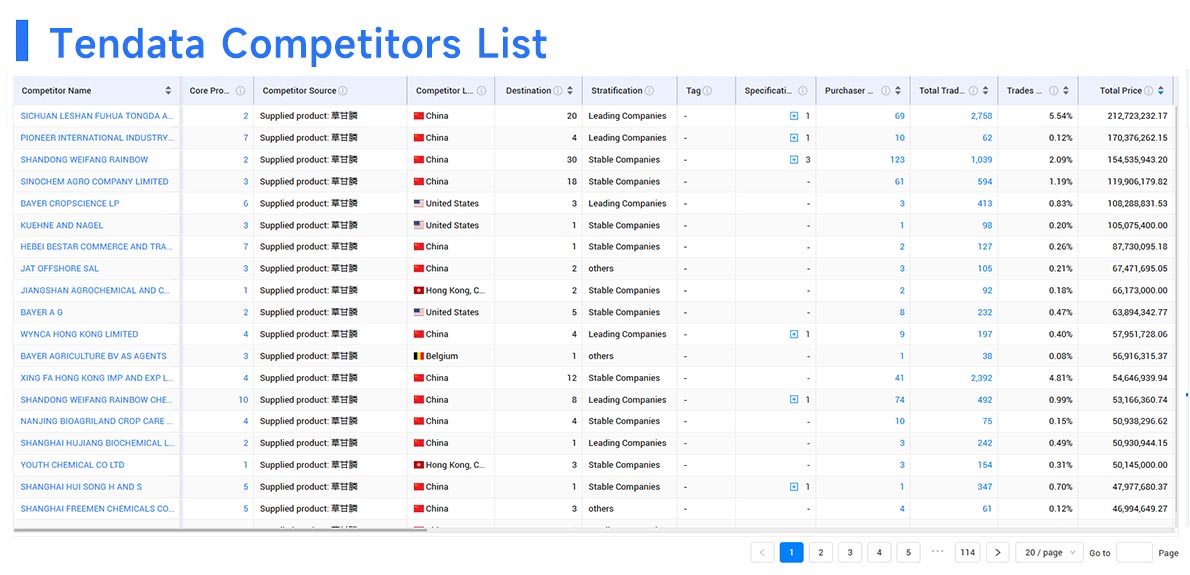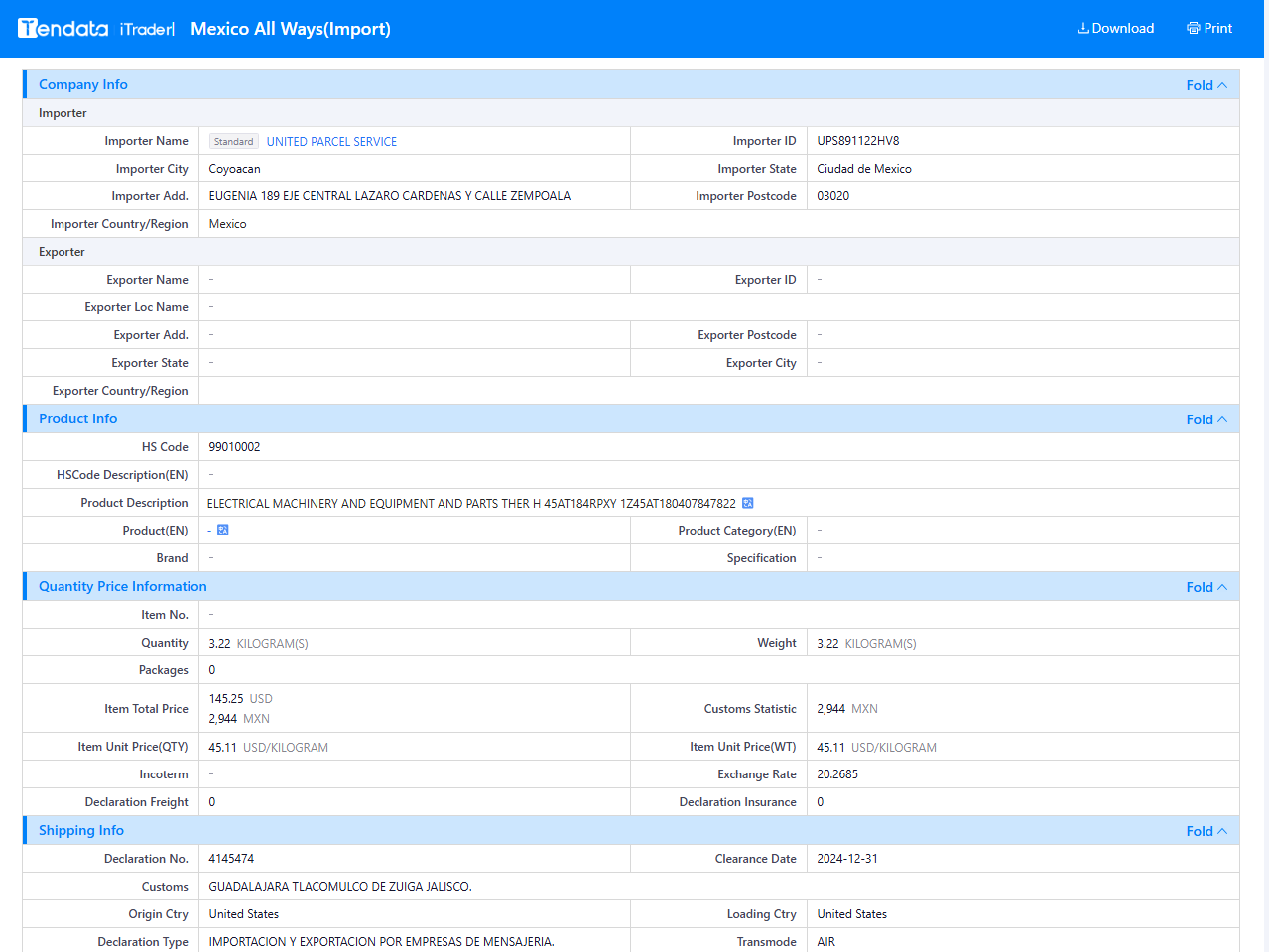 Trade Data Provider
Trade Data Provider
 2025-06-04
2025-06-04
If you're in international trade and haven't explored customs data yet, you might already be falling behind. Why? Because today, more and more exporters are relying on real data to find buyers, analyze competitors, and make smart decisions—not just relying on gut feeling or old-school tactics. Let's break down why customs data has become one of the most essential tools in modern-day exporting.

What Is Customs Data?
Put simply, customs data is the official record of every import and export transaction that passes through a country's customs authority. This data usually comes from shipping manifests, bills of lading, and customs declarations. It includes:
Names of buyers and suppliers
Product details and HS codes
Transaction value and volume
Ports of loading and discharge
Country of origin and destination
For example, customs data from countries like India or Vietnam lets you see who's buying your product, from whom, how often, in what quantity, and at what price—all in one place.
Because this information is legally required and regulated by customs authorities, you can trust its accuracy and authenticity—a huge advantage when trying to build a reliable sales strategy.
Where Is Customs Data Available?
Here's a sample list of countries with accessible customs records:
🌎 Americas: United States, Canada, Mexico, Brazil, Argentina, Chile, Peru, Colombia
🌍 Europe: Russia, Ukraine, Spain, UK, Moldova, most CIS nations
🌏 Asia: India, Vietnam, Philippines, Indonesia, South Korea, Pakistan, Bangladesh, Japan, Taiwan
🌍 Africa: South Africa, Nigeria, Kenya, Ethiopia, Ghana, Zimbabwe
Note: Some countries provide full transaction records, others only offer company directories or limited datasets. Update frequency and detail levels vary widely.
>>>>Get Global Customs Data <<<<
What Can You Do With Customs Data?
✅ 1. Find Qualified Buyers
No more cold emails based on guesswork. With customs data, you can:
Identify companies actively importing products like yours
Analyze their buying frequency, quantity, and history
Discover your competitor's buyers and target them strategically

✅ 2. Analyze Market Trends
You’ll be able to:
See which countries are increasing imports of your product
Identify emerging markets or fading ones
Track seasonal demand and adjust your marketing accordingly

✅ 3. Monitor Competitors
Keep an eye on who your competitors are selling to, what volume they're shipping, and when their customers start working with someone new.
In short: Customs data gives you clarity and confidence. Instead of guessing, you can act with purpose and precision.

>>>>Get Customs Data for your products <<<<
Common Questions About Using Customs Data
1. Does Customs Data Include Contact Info?
Not usually in the raw format. Most customs records don’t come with direct email or phone details. However, platforms like TengDao or TopEasy offer tools that help uncover decision-makers' contact information using AI, third-party databases, and online footprint tracking.
2. Is Customs Data Really From 200+ Countries?
Technically, only 40+ countries publish detailed trade records. However, because trade is a two-way street, you can infer data from one side of the deal. For example, the U.S. publishes its import records, so you can trace Chinese exports to the U.S. even if China doesn’t release its own customs data.
3. How Often Is the Data Updated?
It depends on the country:
Weekly or bi-weekly for the U.S., India, Mexico, etc.
Monthly or quarterly for countries like Indonesia or Korea
Some like the UK or Japan release limited directory-only info once per year
➡️ Tip: Don't chase just the newest data—historical trends often reveal more useful patterns if you know how to analyze them.
4. Do I Need to Search in Local Languages?
Yes. Since the data is recorded by each country’s customs system, most product descriptions and company names are in the local language:
Use English for the U.S., UK, Canada
Use Russian for Russia or Ukraine
Use Spanish for most Latin American countries
Being flexible with language search is key to accurate results.
5. Can I Search Using HS Codes?
Yes—but keep in mind:
HS codes are standardized only for the first 6 digits
Each country uses its own extended 8–10 digit version
So, using the 6-digit code is fine for broad category searches, but use product keywords or competitor names for deeper insights

How to Use Customs Data to Analyze a Market?
If you're looking to expand into a new country or region, customs data lets you:
Track the number and volume of buyers in your product category
Identify top importers, their suppliers, and trading cycles
Observe new suppliers entering the market, a sign of increasing demand
Detect shifts in sourcing patterns, helping you anticipate changes
This allows you to make data-backed decisions—instead of trial and error. If you're just starting out, try a free trial from platforms like Tendata. For more advanced users, compare platforms by update speed, data scope, and search functionality before making a purchase.
Category
Leave Message for Demo Request or Questions


 T-info
T-info T-discovery
T-discovery

 My
Tendata
My
Tendata Market Analysis
Market Analysis Customer
Development
Customer
Development Competitor
Monitoring
Competitor
Monitoring Customer Relationship
Customer Relationship





































































































































